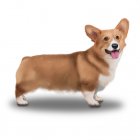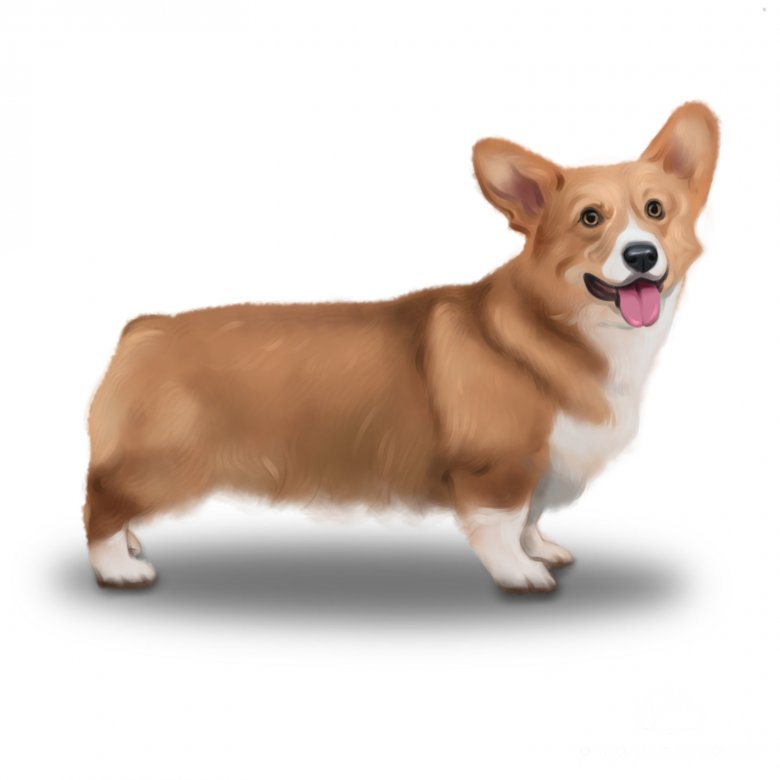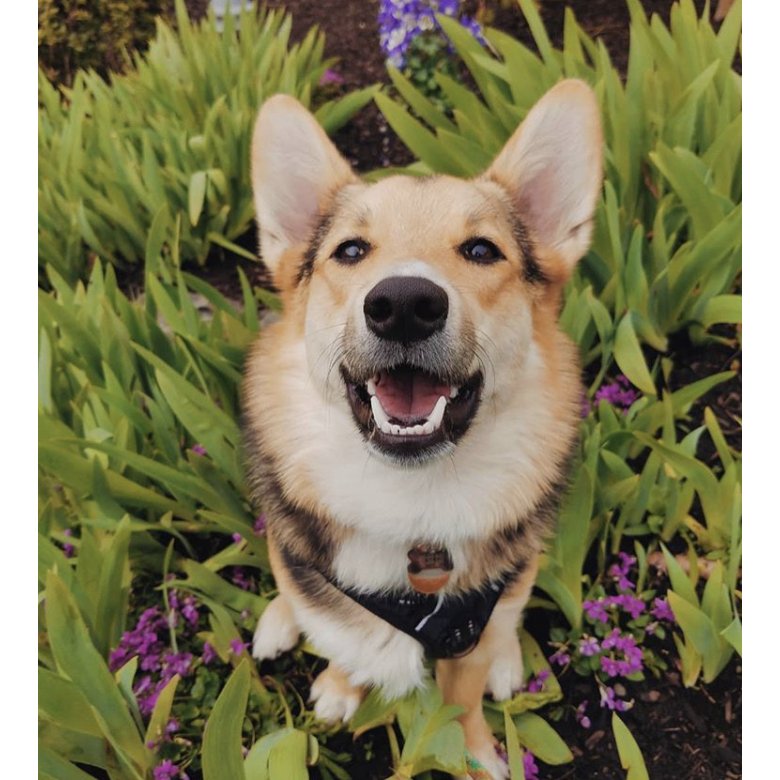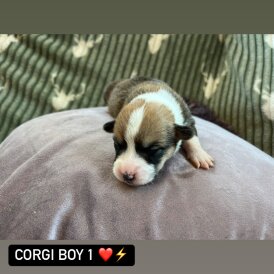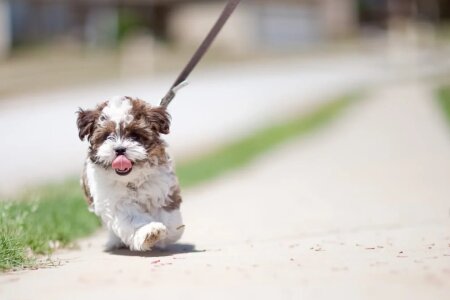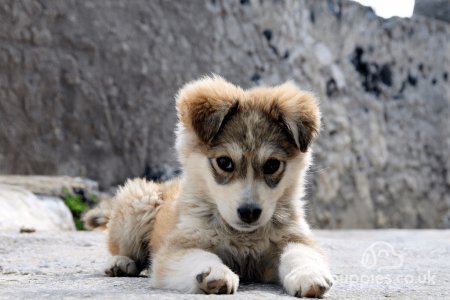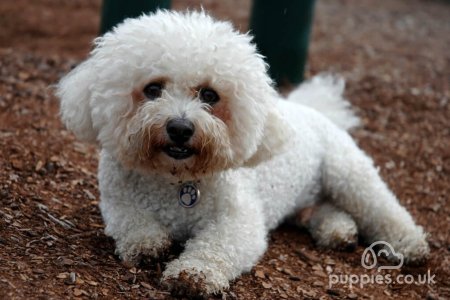Why Corgis are great
Welsh Corgis, Pembroke Welsh Corgis, or sometimes even just Corgis are small but have a big character. They love having fun and being involved around the house, and, come on, if the Pembroke Welsh Corgi is a favourite of Queen Elizabeth II then they must be doing some things right! Some highlights:
Very good around children
Despite being small Corgis make good watchdogs
Corgis are very adaptable and can live in both apartments and big houses
They are considered a low maintenance grooming dog
Things to consider when looking at Corgis for Sale
Some downsides to the Corgi:
They will shed a lot throughout the year, and would not be classed as hypoallergenic.
Corgis can bark quite loud and some enjoy doing it too much
Corgis have a high prey drive and will chase everything
They do not cope very well being left alone for anytime
History of Corgis
Coming from the south west of Wales, Pembrokeshire, the Corgi has a long history, often mentioned in folk tales. According to a Welsh tale the Corgi came from fairies and elves, they were used by them to pull carts and carriages, and were originally found in a field by children playing. However, if you don’t buy it, other historians state that the Welsh Corgi is descended from a Swedish cattle dog brought over by the Vikings. The breed was officially classified by the Kennel Club in 1920’s as a purebred, and the Pembroke and Cardigan Corgi was still the same breed. It wasn’t until the 1930’s that the two variations of Corgi were separated. The breed is also much admired by Queen Elizabeth II of England who started owning the breed in 1933, and has had many of them by her side since. The Welsh Corgi is not as popular as they used to be today, and have recently been recognised by the Kennel Club as vulnerable.
Appearance
There are two closely related breeds of Corgi, the Pembroke Welsh Corgi and the Cardigan Welsh Corgi, and they look very similar. Small, low bodies and very strong. They have two short legs and pointy ears, a very recognisable look.
How big is the Corgi?
You can expect your Corgi to be 25-30cm tall at the withers.
How heavy is a Corgi?
The dogs can weigh between 9-12 KG.
What Colour is the Corgi?
The Kennel Club allows the following colours for registration of a Pembroke Welsh Corgi: Sable and White, Red and White, Tricolour.
Temperament
The Pembroke Welsh Corgi is a good breed for people who are looking for their first puppies. They love people and having fun, and are particularly good with children.
Do Corgis make good guard dogs?
Although they are small, with a history of being a cattle dog, they are naturally alert. They will be quick off the mark when acting as a watch dog when something is wrong, but are not known for aggressive behaviour.
Do Corgis bark a lot?
Some Corgis will indeed bark a lot, make sure you show them who is alpha in the house when they are young and you can keep it minimum. However, as with most dogs, when something is strange, they will bark still.
Are Corgis playful?
Corgis are very playful and like to entertain their families, even showing a mischievous side sometimes.
Are Corgis good with children?
Corgis are best around families where the children are slightly older, but they will also be okay with small children. Just keep an eye when the children are really young, because they can sometimes be a bit irritable when they are being poked and prodded.
Are Corgis good with other pets?
Corgis have a very high prey drive, meaning they will chase smaller animals and cats. Just keep an eye if your home shares its space with a few pets. With their background as cattle dogs too, try not to allow them off the lead around livestock.
Can I leave a Corgi Alone?
A Pembroke Welsh Corgi will never be happy when they are alone for long periods. They are better when they have company all day as they are known to become destructive if they are bored.
Health
How long do Corgis live?
The usual lifespan of a Pembroke Welsh Corgi is 12- 15 years.
How much exercise does a Corgi need?
Corgis are very smart dogs, fill of energy. They need plenty of exercise and stimulation to prevent boredom. We recommend 40 to 60 minutes exercise per day, and make sure to let them off their leads, Corgis are naturally inquisitive and you have to make sure they are allowed to explore by themselves. If you notice your Corgi being naughty in the home, check that you are stimulating them enough…
What are Corgis Common health issues?
They are well known to be healthy and happy dogs, but can suffer from: Obesity, Hip Dysplasia and cancer. Make sure to stay on top of your Pembroke Welsh Corgi Puppies visits to the vets, all the way through to their adulthood. The Kennel Club also recommends you get your puppies health tested for Von Willenbrand’s disease and Degenerative myelopathy. Speak to your breeder when you buy your Corgi puppy, and you vet for the best advice.
Care
How much space do I need for a Corgi?
Corgi Puppies and Dogs are well known for being active and inquisitive. The garden size is not too important as long as they get time off their lead elsewhere throughout the day. However, if you do have a garden, make sure it is puppy and escape proof because they are master escape artists.
What should I feed my Corgi?
When you first bring your Corgi Puppy home, the breeder will provide a schedule for their early days. Make sure you stick to this diet until a good 2-4 months old when you can move onto reading the dogs exercise level. Your vet will recommend the right dog food, make sure to ask if you are unsure.
How much grooming do Corgis need?
Welsh Pembroke Corgis are known to have easy maintenance coats. You should brush a few times a week and more so in the spring and autumn which is when corgis will shed the most.
Do Corgis shed?
Yes, quite a large amount, especially in spring and autumn.
Average costs
How much does it cost to keep a Corgi?
As a rough guide in pricing: Cost to buy: roughly £100-1500 for a well-bred Corgi puppy Food: £20-30 per month
Specific Buying Guide
You can read our general buying guide here (/advice-on-buying-a-puppy/), with the most important thing being going to view your Corgi Puppy, seeing it with its mother, and checking the quality of the breeder. More specifically, here is some Corgi puppy buying advice:
They are popular breeds, so make sure to be careful of Pembroke Welsh Corgi Scams. Get to see the puppy, the breeders location and the parents before committing to any money.
A Pembroke Welsh Corgi with a bobbed tail needs an edge of caution. You should ask the breeder to prove that the puppy has the right documentation, as the Kennel Club will allow naturally occurring bobbed-tail but nothing else.
Other reading, Adopting Corgi Puppies and Rescue Organisations
A big thank you to the following sources who helped to shape this article: https://www.ukcorgiclub.com/about-corgis-whats-the-difference/pembroke-welsh-corgi/ https://www.welshcorgileague.org/ https://www.thekennelclub.org.uk/services/public/findaclub/breed/list.aspx?id=5145 https://www.akc.org/dog-breeds/pembroke-welsh-corgi/






